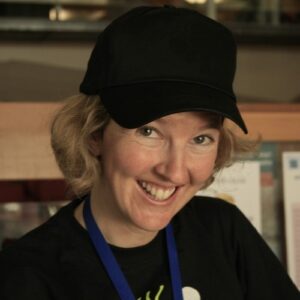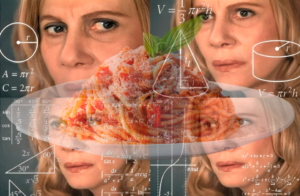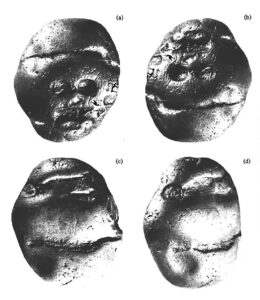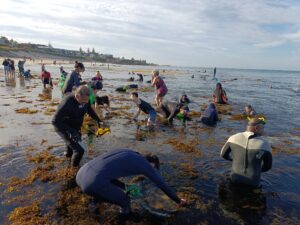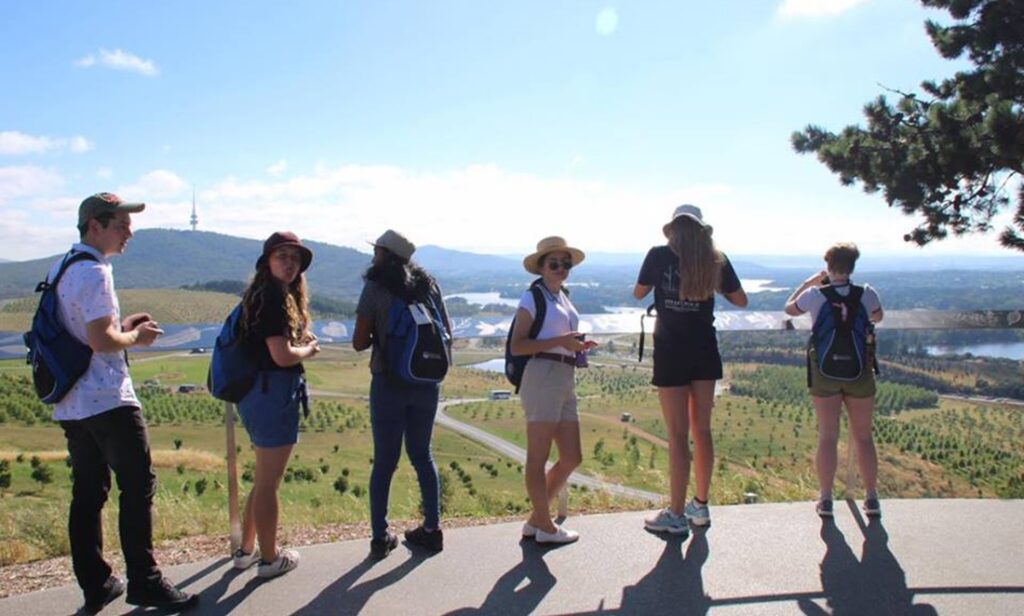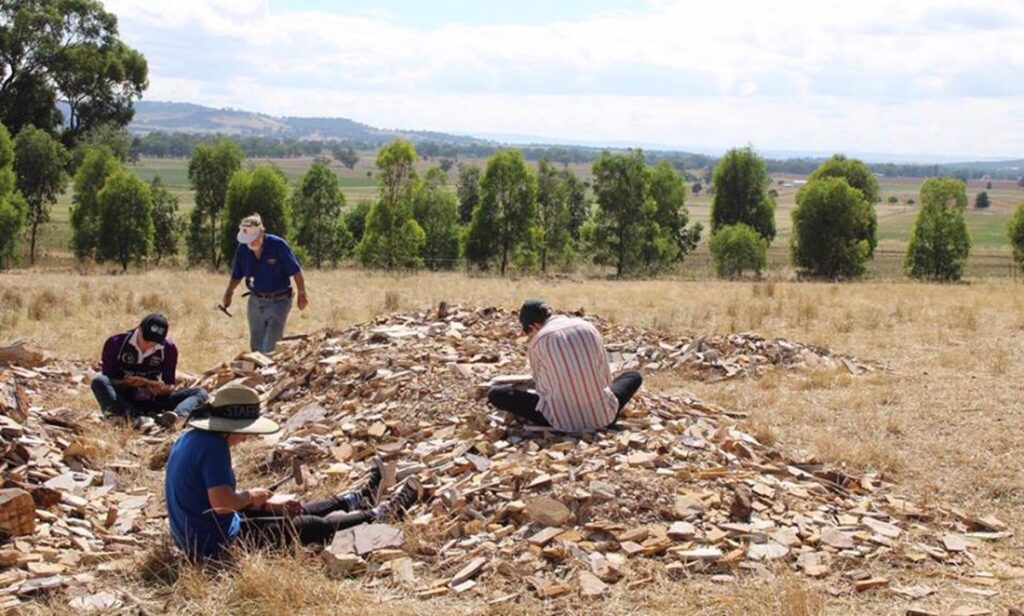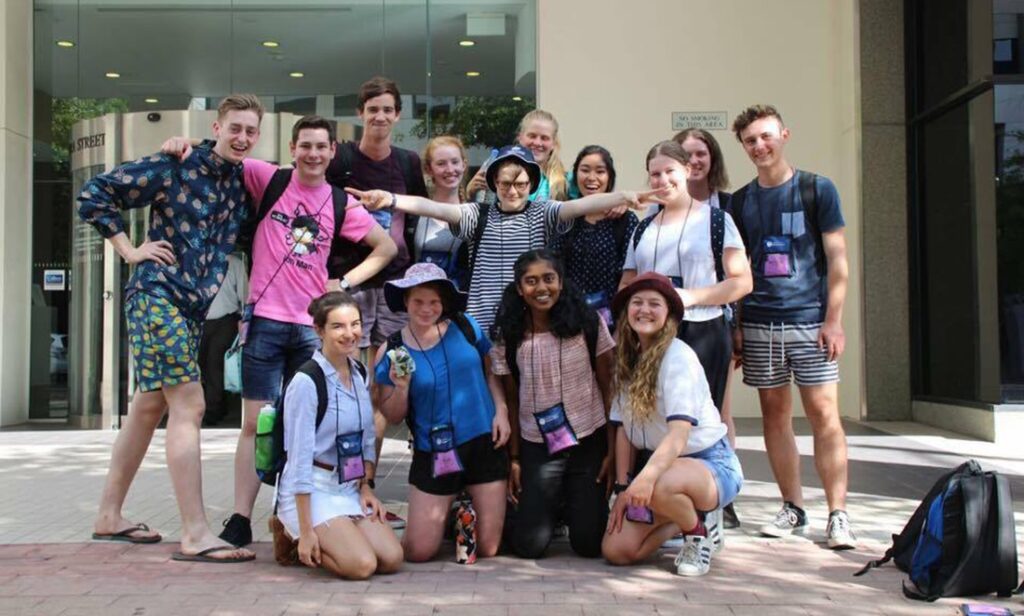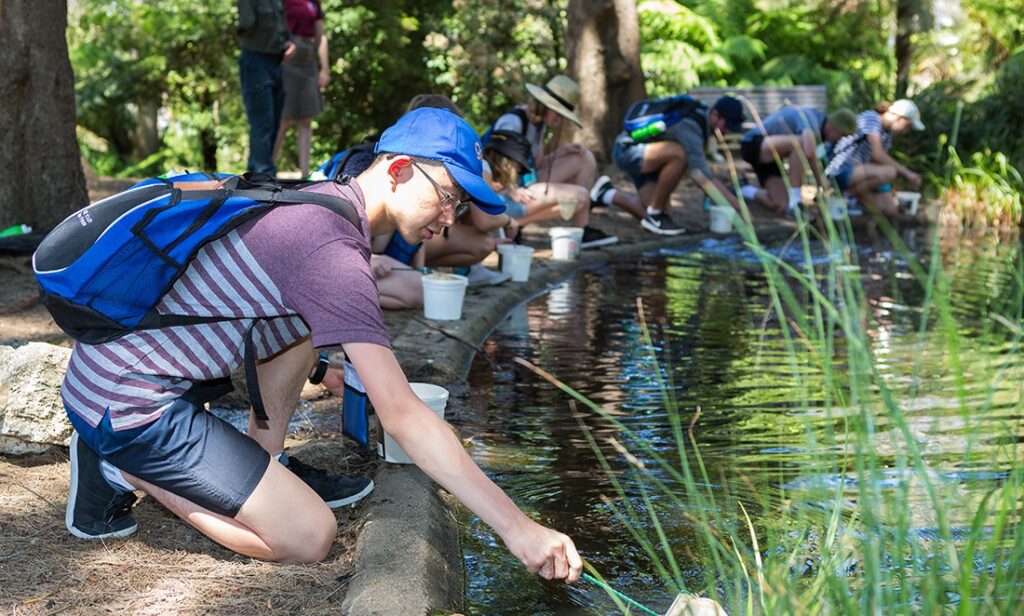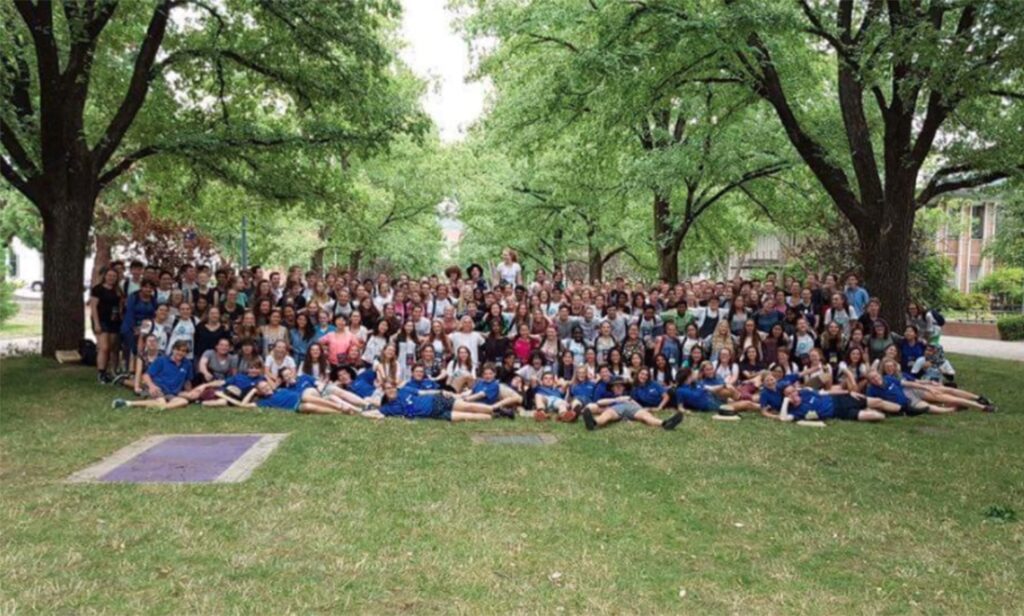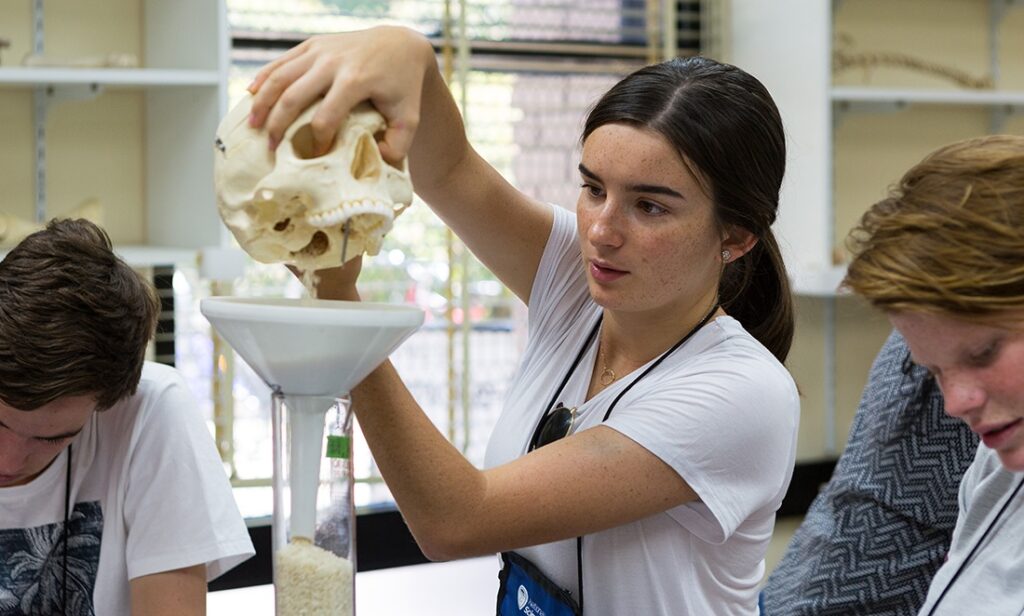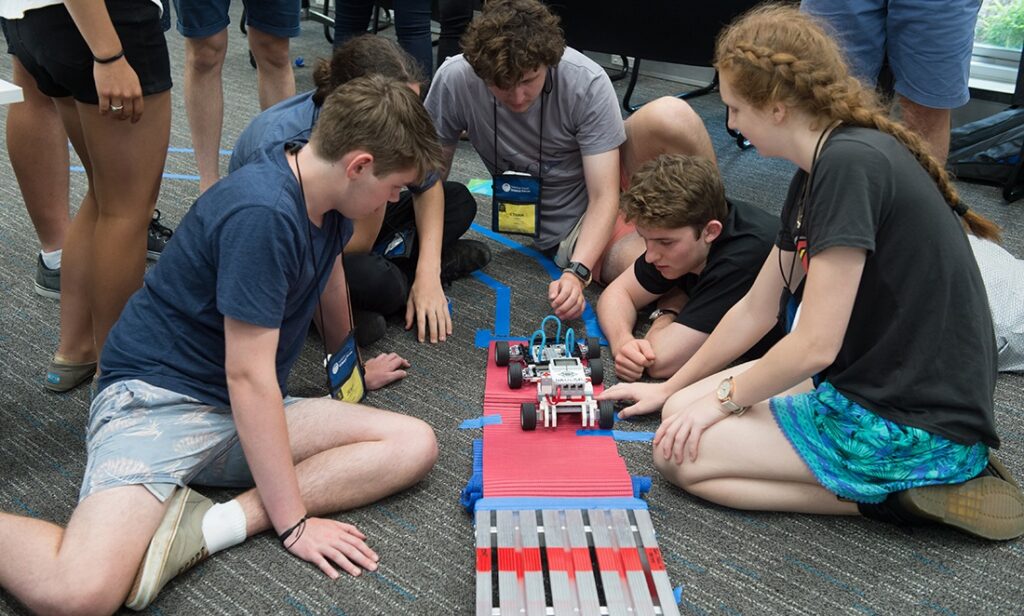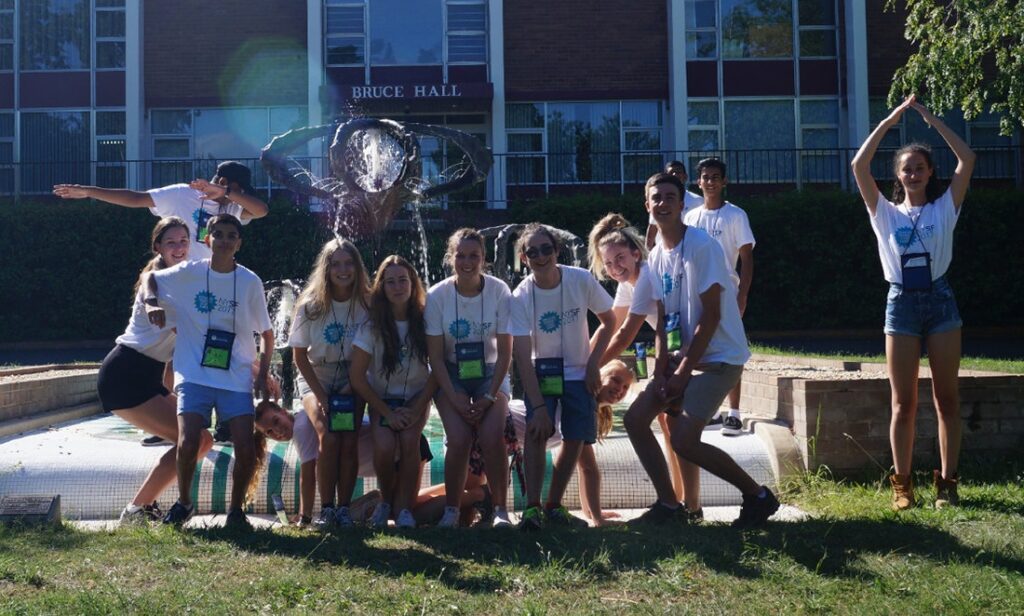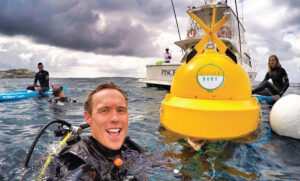The National Youth Science Forum (NYSF) has been running in one form or another since 1984. This year, 400 Year 11 students attended one of two 12-day residential sessions held at the Australian National University, Canberra.
The NYSF aims to enthuse our next generation of scientists and engineers, and it certainly enthused me.
I attended back when the NYSF was the National Science Summer School. I remember touring national laboratories, meeting successful and influential scientists, and tackling the hectic social calendar.
But is the NYSF still as incredible as I remember?
We asked some of this year’s WA participants…
Jeninna Cruz
“I am left in awe! NYSF opened my mind, showing me more opportunities. I have learnt to not limit myself, to always look ahead, and think of better things I can achieve.”
“NYSF just made me fall in love with science even more. It let me explore all different aspects of the science world. Frankly speaking, physics was a subject I had no interest in because I thought of it as too hard.”
“However, NYSF opened my mind and showed me ways to begin liking and appreciating physics.”
“I’d count every moment to be a highlight. The friends and connections I have made, as well as the memories, made, those were the real highlight.”
Bella Davis
“If you told me that I would turn up to ANU and spend two weeks full of science with 196 other ‘strangers’ who I would soon call some of my closest friends, I would definitely not have believed you.”
“To see where they started and how they got to where they are in their life now was eye-opening, allowing us to learn not to be disheartened if life takes you down a different, bumpy, or tougher path.”
“This experience is truly one of the best I have ever had in my life. Not only did I learn about different scientific theories and concepts, but I heard about life experiences from others who had pursued science as a career.”
“The connections, relationships and networks I formed are what I will keep with me for a long time to come.”
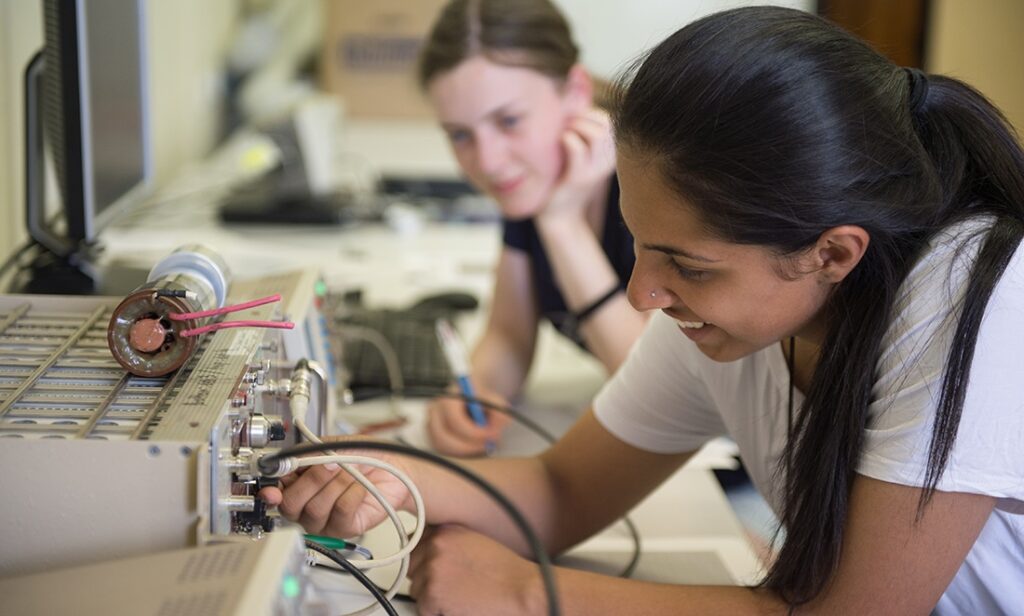
“This experience is truly one of the best I have ever had in my life.”
Eliza Driffill
“From day one, I felt my social confidence grow, and I saw this reflected in those around me. By the end of the two weeks, our collective people-skills were developed for the better, skills we will carry for the rest of our lives.”
“It was a privilege to watch as previously introverted peers came out of their shells and found their confidence, through the love of science that connected us all.”
“The lab visits were incredible, the lectures awe-inspiring, and the social events immense fun.”
“Anyone considering applying for NYSF: it is one of the most worthwhile things you will ever do. I feel so much more equipped (and excited!!) to tackle year twelve and beyond!”
Kate Churchward
“[The NYSF] was one of my top experiences, being able to hang around with people who shared your interests and drive and passion for science.”
“It’s always hard deciding a future path or university degree, but you get to experience where these degrees can take you, hands on, through visiting labs and hearing from people who have taken your course. ”
This is one of the best ‘camps’ I’ve been on and wish I could rant on and on about everything we did, but I wouldn’t want to let the cat out of the bag.”
Amelie Ho
“It’s incredible how much you learn, grow and change when you’re immersed in what you love—science—with people who are just as passionate about it as you are.”
“I learnt that science has a place and a role to play everywhere in the world. From the issue of environmental sustainability to the accelerating expansion of the universe to human evolution, all the ideas challenged and motivated me to find out more.”
“The most important thing I learnt is that in order to move forward, in order to better the world, people from all fields of science need to work together.”
“Listening to paleontologist Alex Ritchie share his life wisdom on the bus ride back was special. He told me to treasure all of the moments—the successes and failures. They make us who we are, and no two moments are the same.”
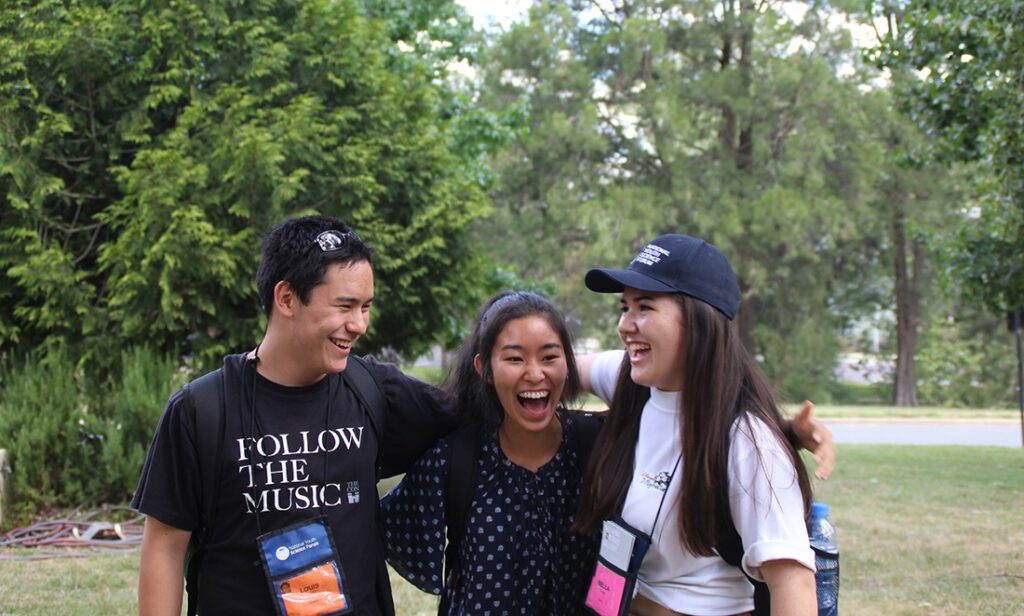
“The most important thing I learnt is that in order to move forward, in order to better the world, people from all fields of science need to work together.”
Ronan Phillips Johns
“I learnt many, many things throughout my time in Canberra, but the most important of these has to be the eye-opening knowledge of just how many different career paths there are to be had in the field of science.”
“I came to NYSF believing that careers were to be had only in medicine, physics or biology, but post-NYSF, I know that studying science can lead to careers such as law, research, construction and design, astronomy, to name a few.”
“Everyone was super nice and friendly, everyone made me feel welcome and there was always someone making sure I was happy and feeling included.”
“It was easily two of the happiest weeks of my life.”
Billie Metselaar
“[The NYSF] was probably the most educational, useful and exciting program I have ever been part of.”
“It is not only full of science and learning, but it is also full of socialising, with the aim for young people to build relationships with others all over the country.”
“I found it amazing that we were exposed to so many fields of science… We were introduced to many people who have careers in science, and also those that do not.”
“It has given me a lot of direction as to what exactly I want to do.”
APPLICATIONS NOW OPEN
Expressions of interest for next year’s National Youth Science Forum are now open for students in Year 11.


